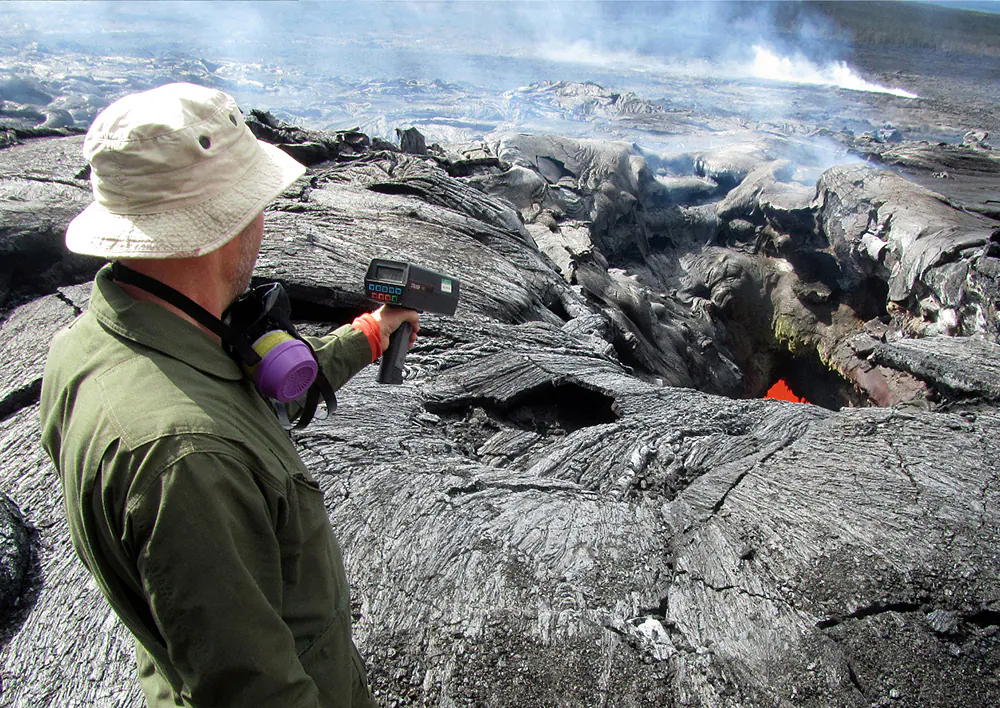
There are many professionals in the field of science who risk their lives for a living. Let's look at a few such professions today
Many seemingly enviable science jobs are fraught with danger. Members of the bomb disposal squad do heroic service by defusing bombs during terrorist attacks. They are well-trained professionals who have expertise in the field, but if they make a slight mistake, the consequences would be disastrous! Interestingly, bomb disposal or mine clearance experts in the British army are known as 'Felix because they are like cats with nine lives!
Scientists researching for vaccines against deadly diseases such as Ebola, Marburg or Anthrax willingly put their lives in great danger. Russian scientist Antonina Presnyakova, working on the Ebola vaccine, died after accidentally sticking herself with a needle laced with the virus.
During the COVID-19 pandemic, as many as over 1,000 doctors died in the line of duty in India alone.
In troubled waters
The job of a diver is indeed extraordinary. Deep sea divers face the possibility of fatal injuries when they are under water, because pressure is very high at depths below 90 metres. They also face the risk of drowning if they run out of oxygen supply before making it back to the water surface.
Diver Rob Robbins dives into the frozen depths of the Antarctic for a living! He assists scientists doing underwater research in the Antarctic. Typically, the scientists have to dive under a 4-6 metres thick ice sheet to study the underwater world. Over the years, Rob and his colleagues have rescued at least a dozen scientists. But there have been casualties too. Although Rob acknowledges that losing sight of the ice hole-the exit point can be terrifying, he enjoys his job thoroughly. He loves the stark contrast: above the ice there is nothing alive, only ice. But when you drop through the hole you are treated to a vibrant, colourful world of sea creatures like a deep red starfish or a soft pink coral.
Playing with fire
For a volcanologist, watching an erupting volcano is an exhilarating experience that far outweighs the risks. Many have had a close brush with death while studying volcanoes. Sonia Calvari can never forget September 13, 1989, when she narrowly escaped death in the volcanic eruptions on Mount Etna in Italy.
But French volcanologists Katia and Maurice Kraft were not so lucky. They died along with 41 others when a fast-moving, massive flow of extremely hot gas and rock erupted from the volcano on Mount Unzen in Japan. Katia and Maurice were often the first to arrive at an active volcano for filming and documenting it.
Diving inside n-reactors
American Charlie Vallance's job involves diving inside nuclear reactors! Nuclear reactors need huge amounts of water in suppression pools to keep the reactor core from melting and also as an emergency coolant. Vallance dives into these massive tanks made of carbon steel to inspect and maintain them. Although water provides a very effective shield against radiation, divers have to take extra precautions while diving into water contaminated with radioactive substances.
Picture Credit: Google

